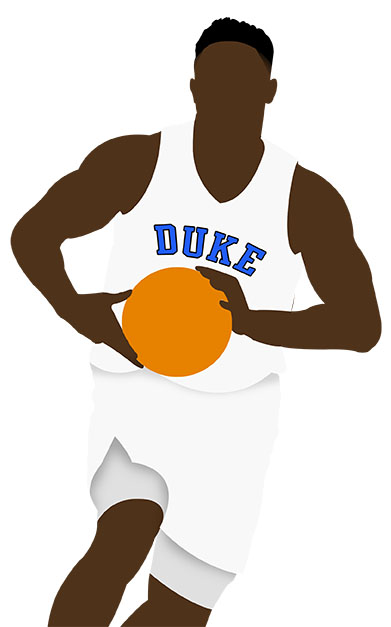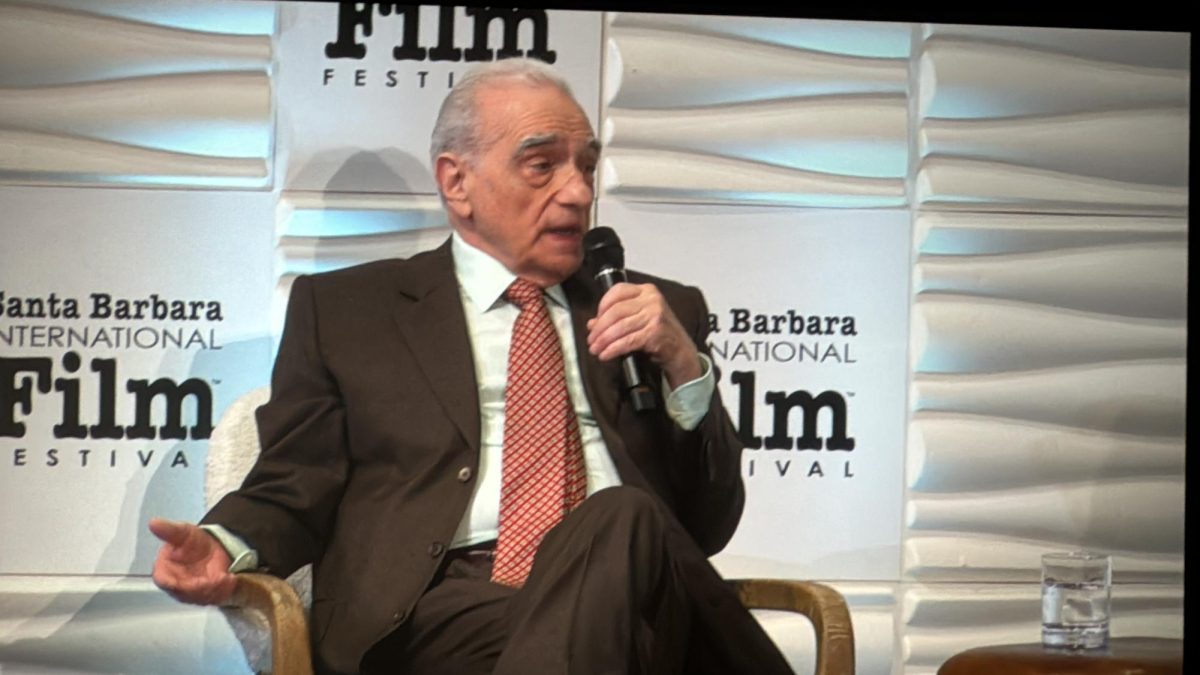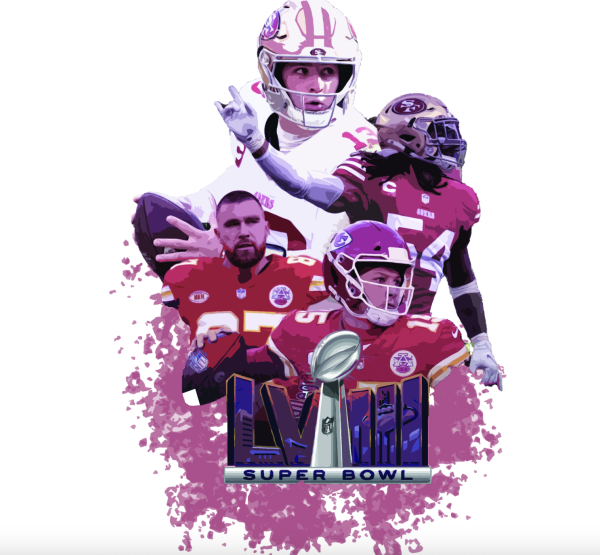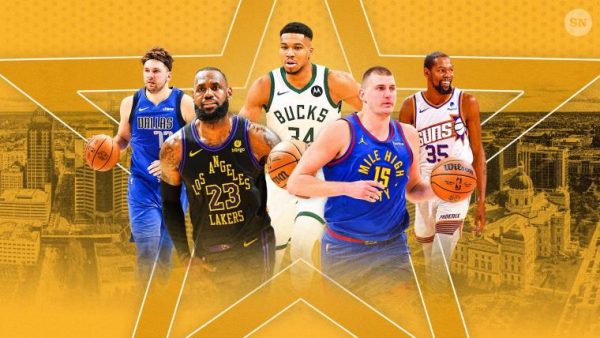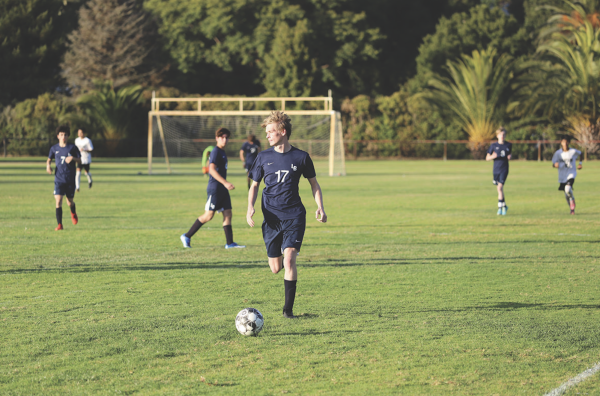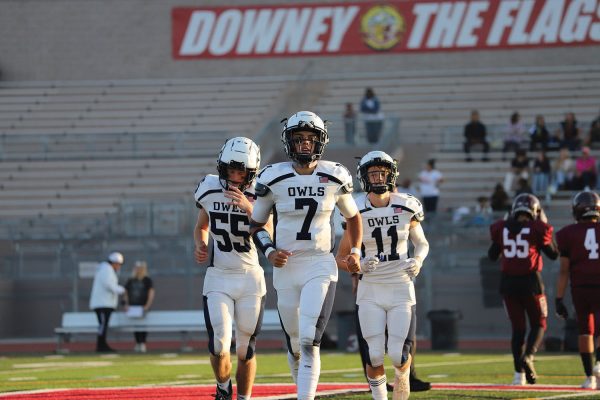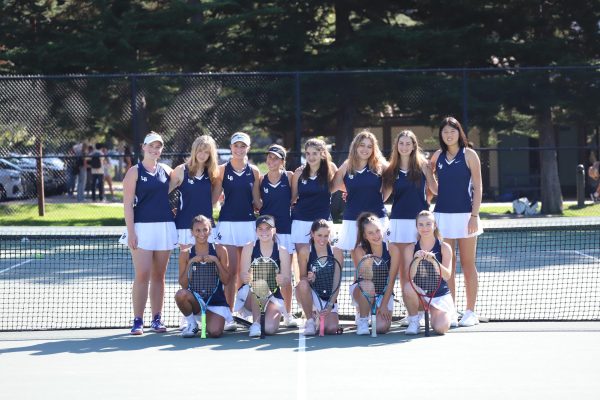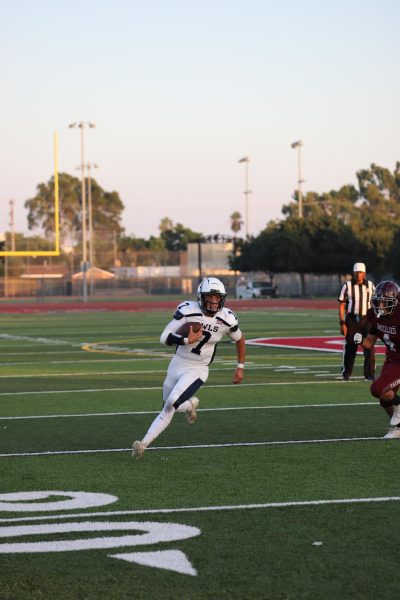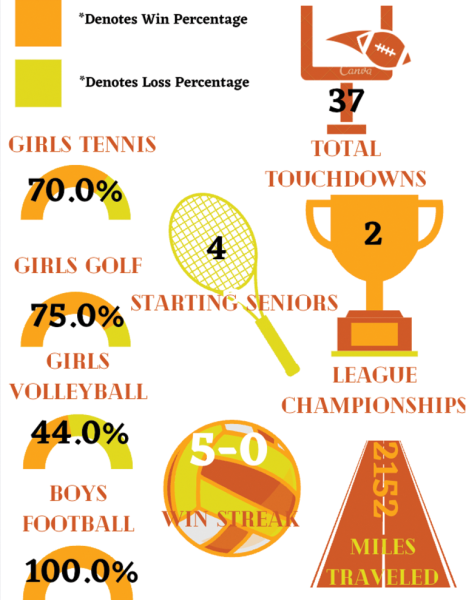Fair Pay to Play
Update on California’s groundbreaking new bill, which allows collegiate athletes to receive pay for the use of their name, image, and likeness.
December 3, 2019
One of the most controversial debates in sports has finally come to an end in California. Whether or not you support it, the Fair Pay to Play Act was passed by the California government and will take effect in 2023.
The act states that collegiate athletes are now permitted to be paid for the use of their image, likeness, and name. Though the debate has been discussed for years, no one made the topic more popular than the recent Duke basketball player, Zion Williamson.
The freak athlete, standing at 6’7” and 285 pounds with a 40-inch vertical leap, took the sports world by storm and sent ticket prices at Cameron Stadium skyrocketing.
The whole nation would tune into any nationally televised Duke game. When he suffered a knee injury during a game, people were wondering: why is he playing in college instead of just going straight to the NBA?
The NCAA has been under constant criticism as of late for its dictatorial and corrupt operations. Names like LeBron James, Kevin Hart, and Stan Van Gundy have been vocal about their disgust with the organization.
“The NCAA is one of the worst organizations—maybe the worst organization—in sports. They certainly don’t care about the athlete,” Van Gundy, coach of the Detroit Pistons remarked.
The justification that the organization gives as to why college athletes should not be paid is that free education, mostly thanks to scholarships.
However, on the Division 1 level, these kids are rarely in class. And instead, they are always on the road competing for a national championship.
“Everybody’s making money except the players. We’re the ones waking up early as hell to be the best teams and do everything they want us to do, and then the players get nothing. They say education, but if I’m there for a year, I can’t get much education.”
This statement made by Philadelphia 76ers point guard, Ben Simmons, shed light on what life as a division one athlete indeed was like.
Schools bring talent like him to compete at a high level, not to sit in classrooms. For the NCAA to say that players receive free education as their source of payment is not valid.
With the new California bill, the NCAA was put under heavy pressure to allow their athletes to receive pay. They ultimately gave in to this pressure, as the organization unanimously voted that athletes will be able to profit from their name, image, and likeness starting no later than January 2021.
This historic move, prompted by California’s legislation, will change the world of collegiate sports, whether it will be for the better or, the worse. While it may please those advocating for the rule, we cannot tell what kind of effect it will have on college decisions, the passion of the athletes, and the future of the NCAA.



